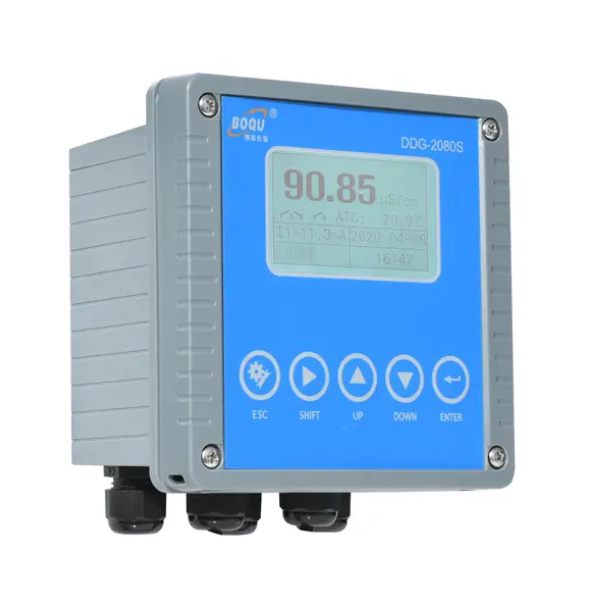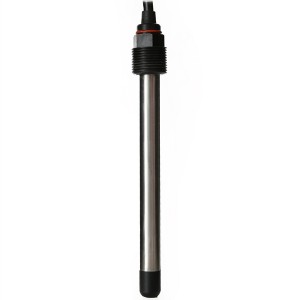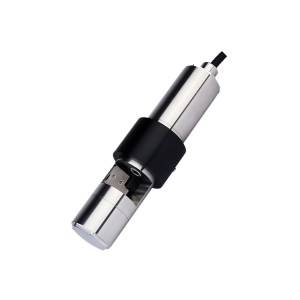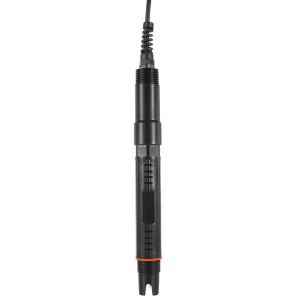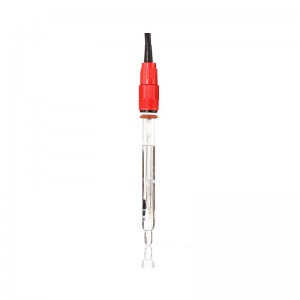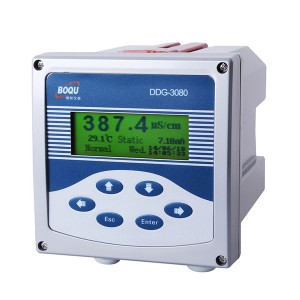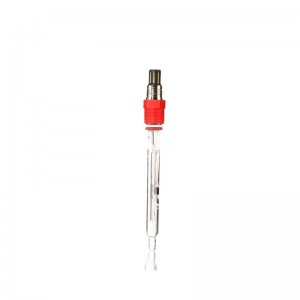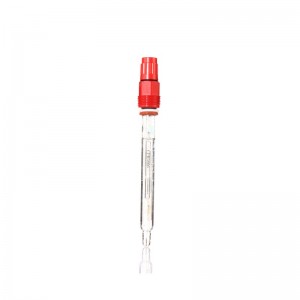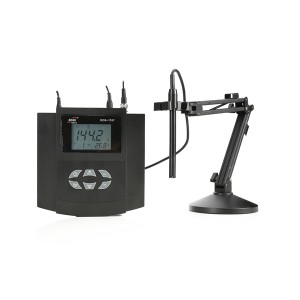In the realm of water quality testing, regulatory compliance is of utmost importance. Monitoring and maintaining proper conductivity levels is crucial for a wide range of industries, including environmental agencies, manufacturing plants, and laboratories. To ensure accurate measurements and adherence to regulations, reliable conductivity meters play a vital role.
This blog post will delve into the significance of regulatory compliance, the importance of reliable conductivity meters, and the key factors to consider when choosing one.
Understanding Regulatory Compliance:
Meeting regulatory requirements is crucial for any organization involved in water quality testing. These regulations are designed to protect the environment, and public health, and ensure the safety of water sources. By adhering to regulatory guidelines, organizations can avoid legal consequences, safeguard their reputation, and contribute to sustainable practices.
Conductivity meters are essential tools for monitoring water quality parameters such as salinity, TDS (total dissolved solids), and ion concentration. Accurate conductivity measurements enable organizations to assess the overall water quality, identify potential contaminants, and take appropriate actions to maintain compliance.
What Is A Conductivity Meter? How Does It Work?
Conductivity meters are instruments used to measure the electrical conductivity of a solution or material. They are commonly employed in various industries, including environmental monitoring, manufacturing, and laboratories, to assess the quality and purity of water, chemical solutions, and other liquid substances.
Working Principle:
Conductivity meters operate based on the principle that electrical conductivity is directly related to the concentration of ions present in a solution. When an electric current is passed through the solution, ions act as charge carriers and allow the current to flow.
The conductivity meter measures the ease with which the current passes through the solution and provides a reading proportional to the conductivity.
In most conductivity meters, two or four electrodes are immersed in the solution. The electrodes are typically made of graphite or metal and are spaced apart at a known distance.
The meter applies an alternating current between the electrodes and measures the voltage drop across them. By calculating the resistance and applying the appropriate conversion factors, the meter determines the electrical conductivity of the solution.
The Significance Of Reliable Conductivity Meters:
Reliable conductivity meters are indispensable for obtaining accurate and consistent readings. Here are some key reasons why using a reliable conductivity meter is crucial:
a. Accurate Measurements:
High-quality conductivity meters ensure precise measurements, providing reliable data for compliance assessments. This accuracy helps organizations make informed decisions and take appropriate actions to rectify any deviations from regulatory standards.
b. Traceability:
Reliable conductivity meters often come with calibration certificates and traceability features. These enable organizations to demonstrate the accuracy and reliability of their measurements during audits or when requested by regulatory authorities.
c. Durability and Longevity:
Investing in a reliable conductivity meter ensures durability and long-term functionality. Robust meters are designed to withstand harsh environmental conditions, frequent use, and provide consistent performance over time. This longevity reduces the need for frequent replacements and minimizes downtime during critical testing periods.
d. Enhanced Productivity:
Reliable conductivity meters often offer advanced features, such as automated data logging, real-time monitoring, and connectivity options. These capabilities streamline testing processes, reduce manual errors, and enhance overall productivity.
How Does The Industrial Digital Conductivity Meter Help To Ensure Regulatory Compliance?
Accurate and Comprehensive Parameter Measurement
BOQU’s Industrial Digital Conductivity Meter, model DDG-2080S, offers a wide range of measurement parameters, including conductivity, resistivity, salinity, total dissolved solids (TDS), and temperature.
This comprehensive measurement capability enables industries to assess multiple key parameters crucial for regulatory compliance. Accurate measurement of these parameters ensures adherence to specific regulatory standards and guidelines.
Compliance Monitoring in Various Industries
The Industrial Digital Conductivity Meter finds application in diverse industries such as power plants, fermentation processes, tap water treatment, and industrial water management.
By providing accurate and reliable measurements, it assists these industries in monitoring and maintaining compliance with the specific regulatory requirements relevant to their operations. It plays a vital role in ensuring that the quality of water used or discharged meets the stipulated standards.
Precise Control and Process Optimization
With its Modbus RTU RS485 protocol and 4-20mA current output, the Industrial Digital Conductivity Meter enables precise control and monitoring of conductivity and temperature.
This capability allows industries to optimize their processes and ensure that they operate within the permissible ranges defined by regulatory bodies. By fine-tuning their operations based on real-time measurements, industries can minimize the risk of non-compliance and maintain regulatory standards consistently.
Wide Measurement Range and Accuracy
The Industrial Digital Conductivity Meter offers a broad measurement range for conductivity, salinity, TDS, and temperature, accommodating a variety of industrial applications. The meter’s accuracy of 2% ± 0.5℃ ensures reliable and precise measurements, contributing to compliance with regulatory requirements.
Accurate readings enable industries to detect even subtle deviations in water quality parameters, facilitating timely corrective actions to maintain compliance.
What Can A Conductivity Meter Do?
Conductivity meters are widely used in various applications related to water quality testing. Some of the common applications where conductivity meters are utilized include:
Environmental Monitoring:
Conductivity meters are crucial in assessing the quality of natural water bodies such as rivers, lakes, and oceans. By measuring the conductivity of water, scientists and environmental agencies can evaluate the level of dissolved substances, assess pollution levels, and monitor the overall health of aquatic ecosystems.
Water Treatment Processes:
Conductivity meters play a vital role in water treatment plants. They are used to monitor the conductivity of water at different stages of the treatment process, helping to ensure that the water meets the desired quality standards. Conductivity measurements assist in detecting the presence of impurities, salts, or contaminants that may impact the effectiveness of the treatment process.
Aquaculture:
In fish farming and aquaculture operations, conductivity meters are used to monitor the water quality in fish tanks and ponds. By measuring the conductivity, farmers can ensure optimal conditions for fish growth and detect any changes that may negatively affect the health and well-being of aquatic organisms.
Final words:
Reliable conductivity meters are essential tools for organizations seeking regulatory compliance in water quality testing. These meters provide accurate measurements, enhance productivity, and offer durability for long-term usage.
By considering factors such as accuracy, calibration, temperature compensation, and build quality, organizations can select the most suitable conductivity meter for their specific needs.
Prioritizing regulatory compliance through the use of reliable conductivity meters contributes to environmental sustainability, public health, and overall organizational success.
Post time: May-19-2023

